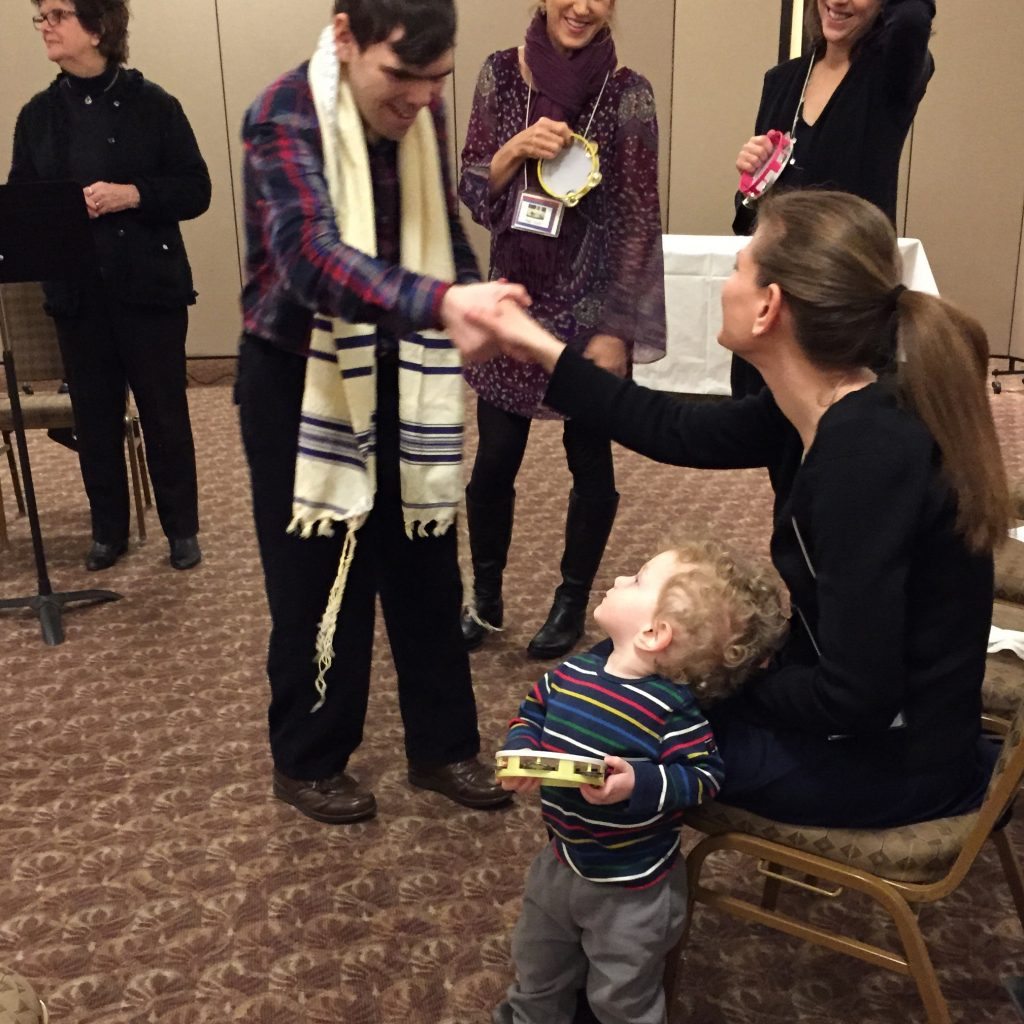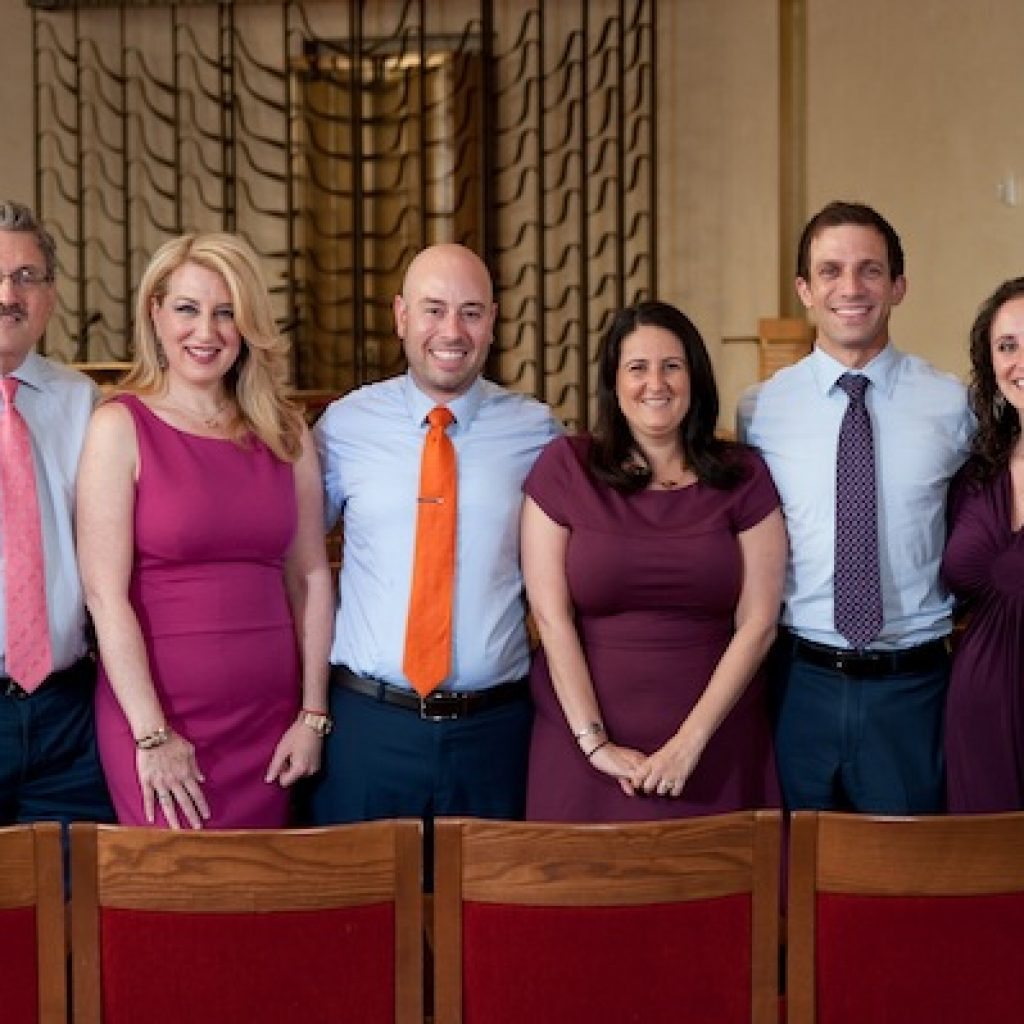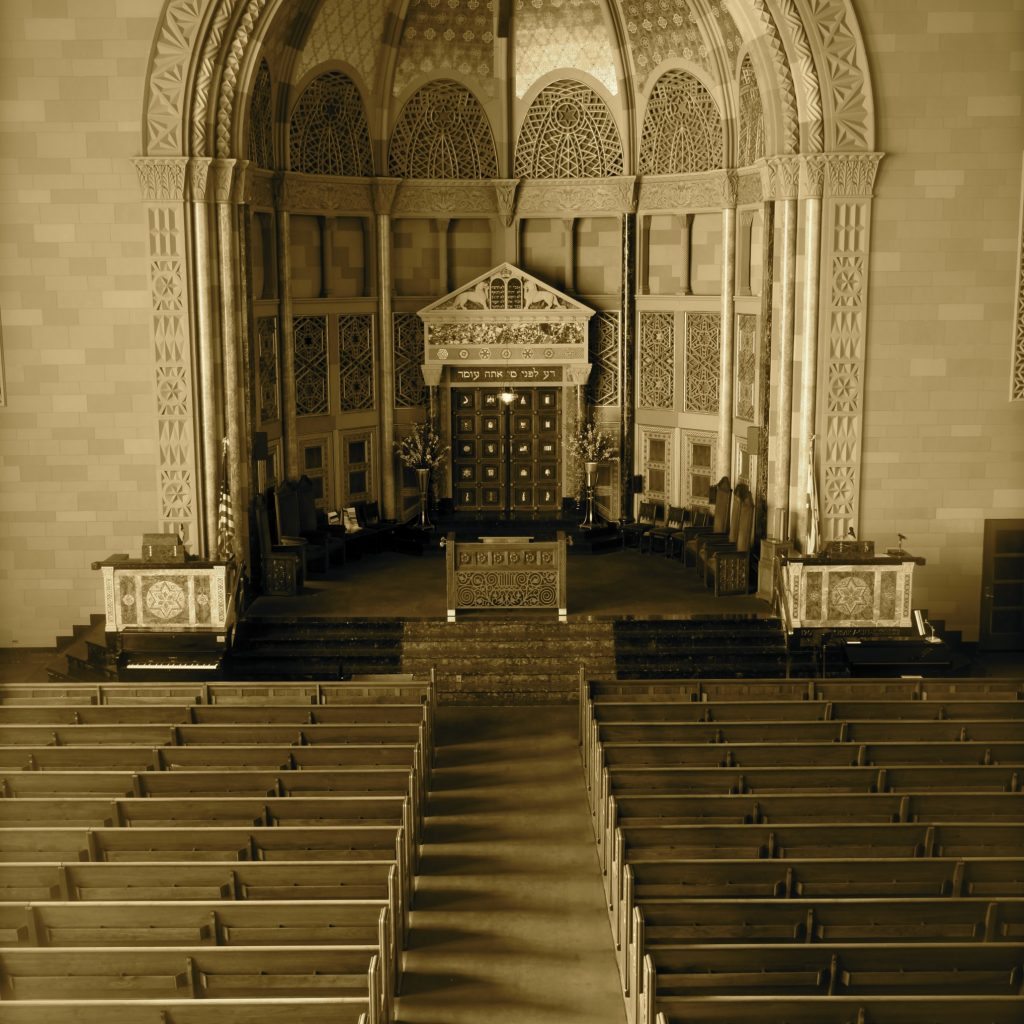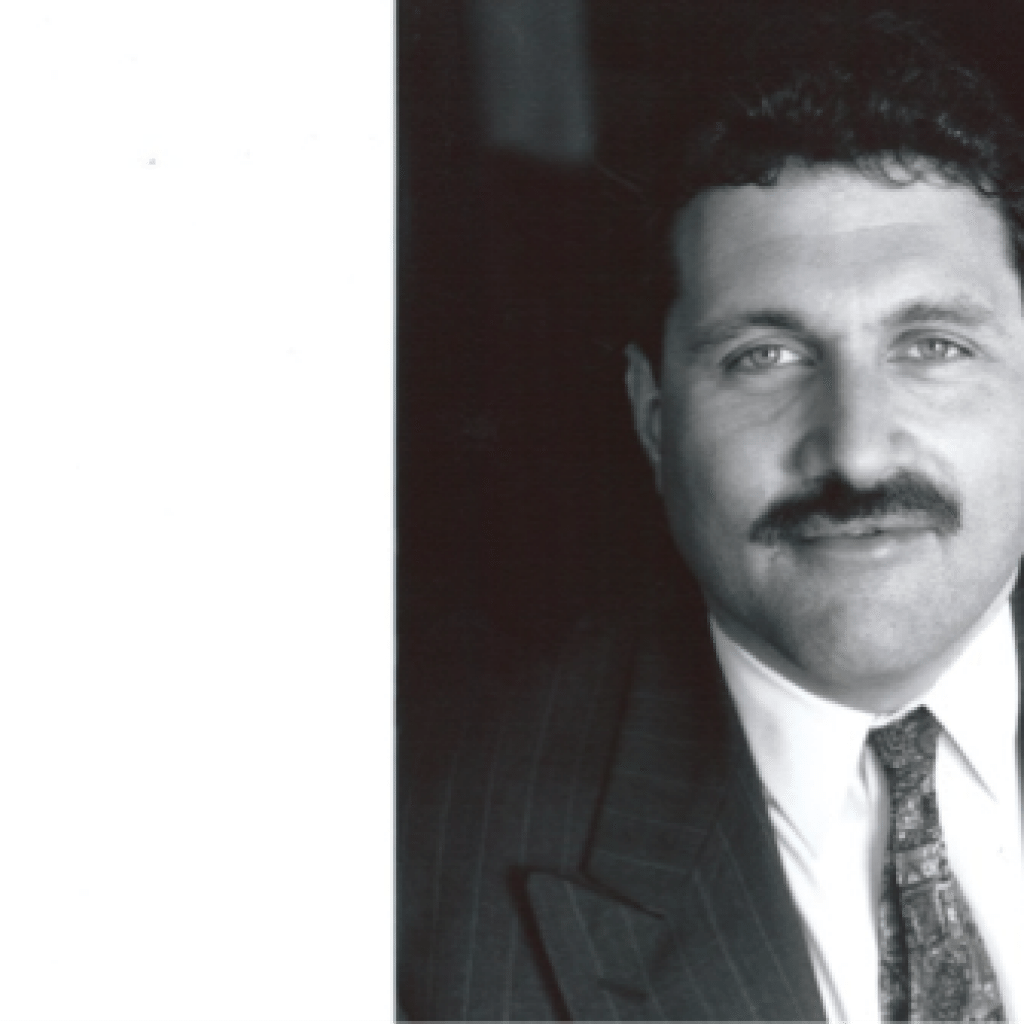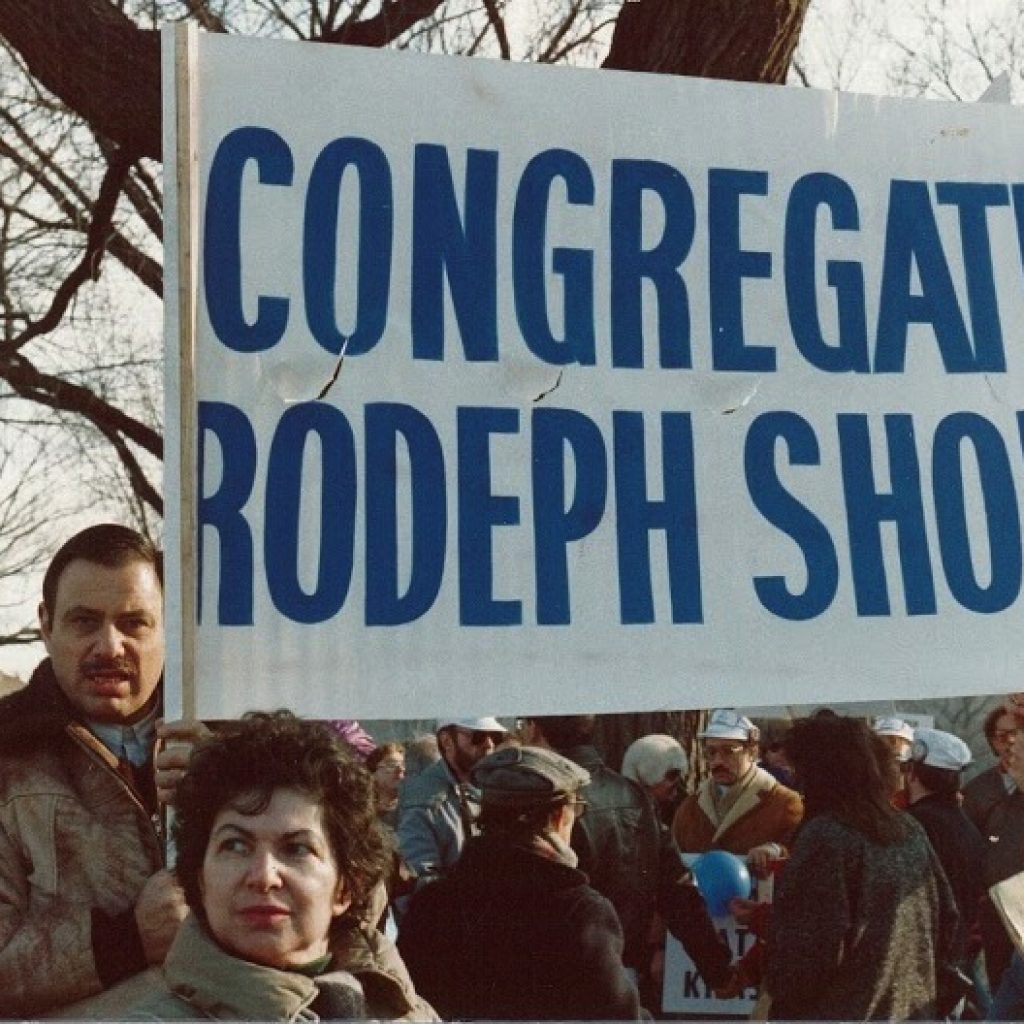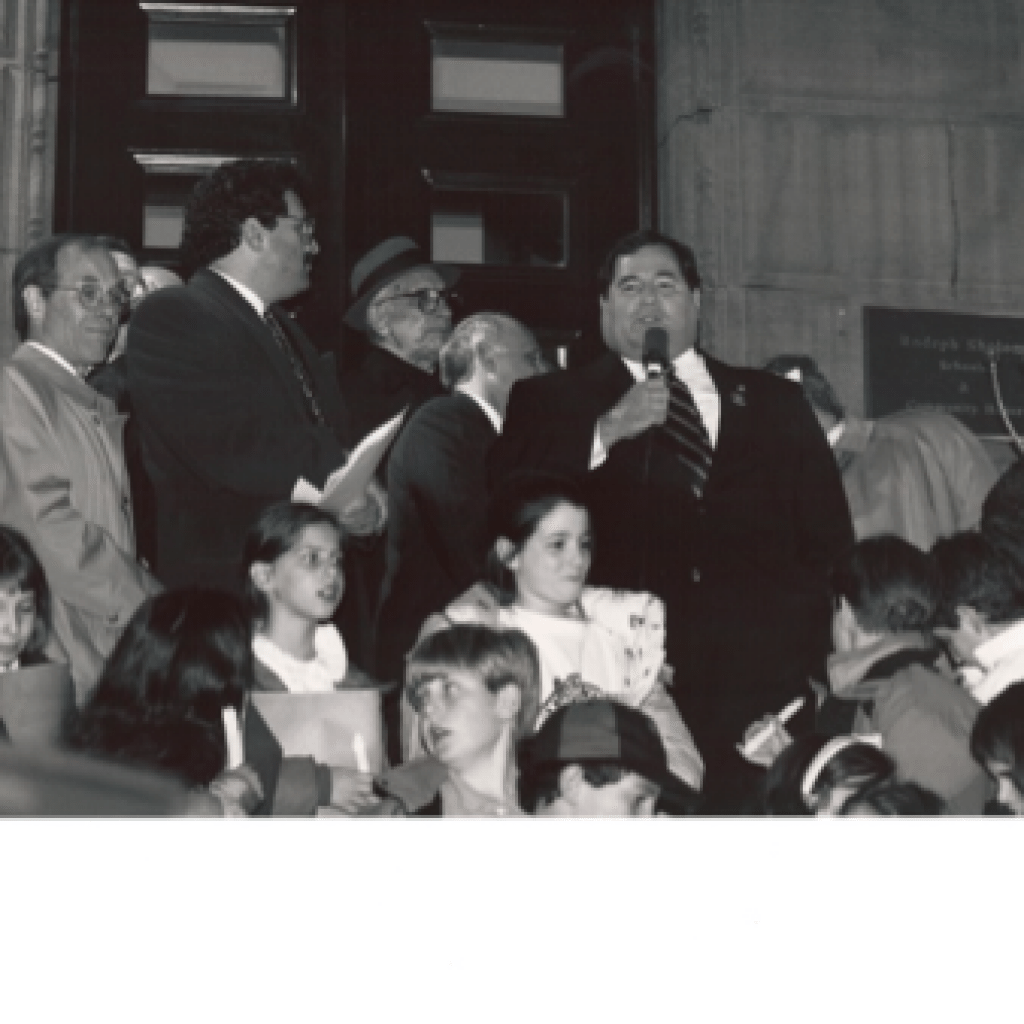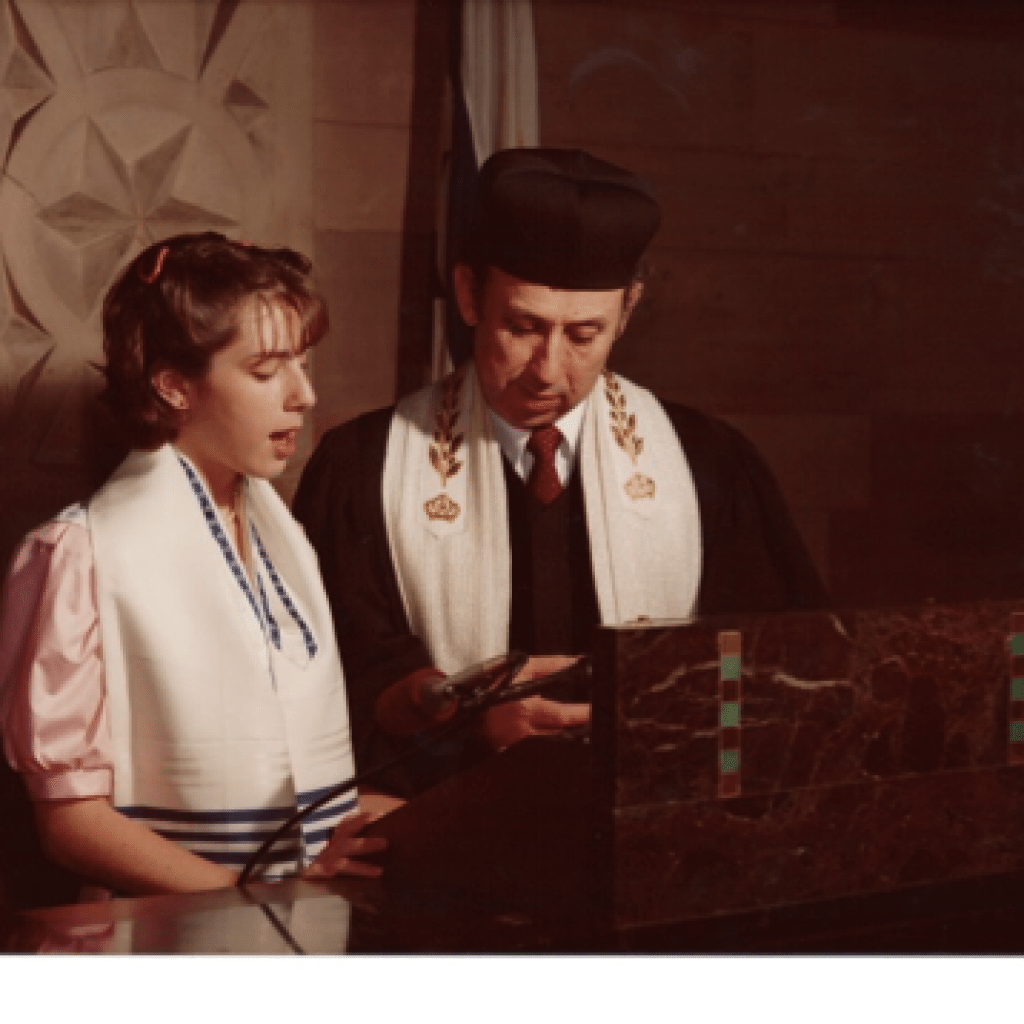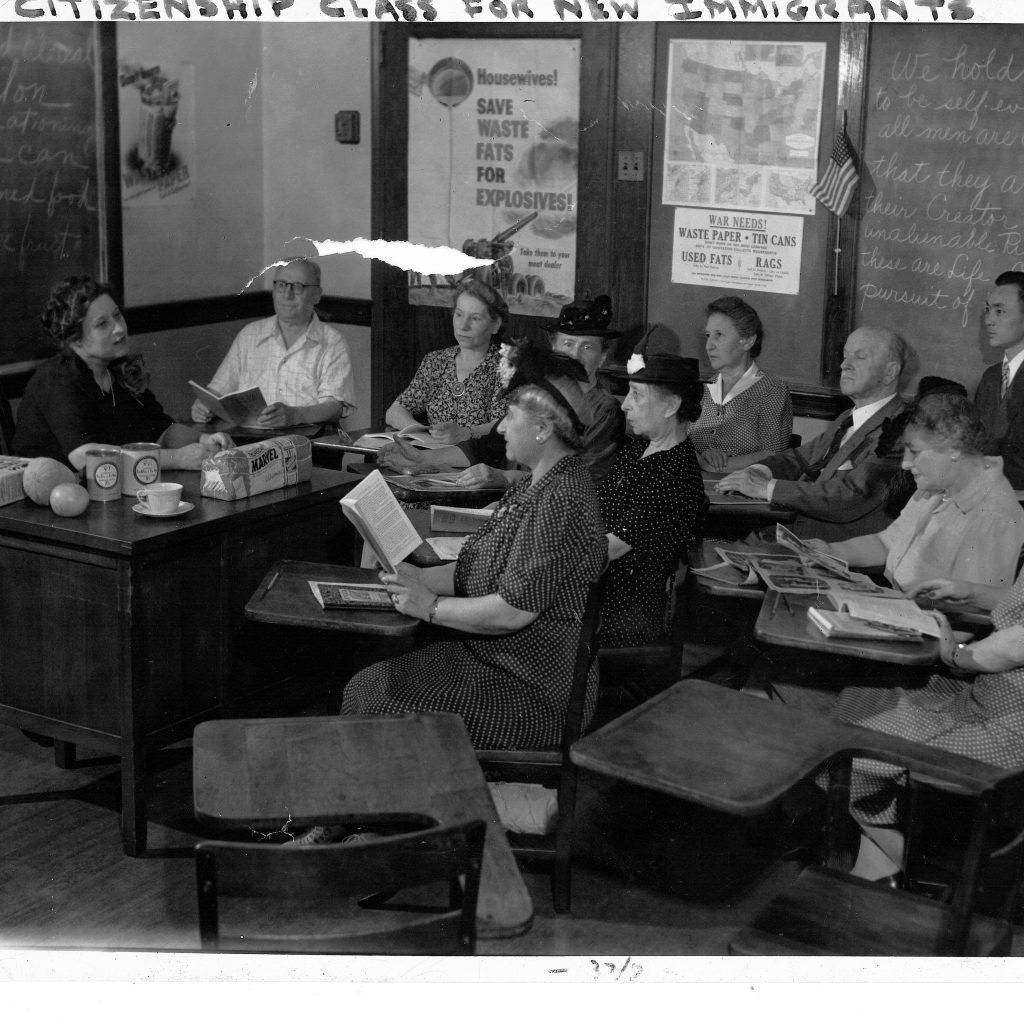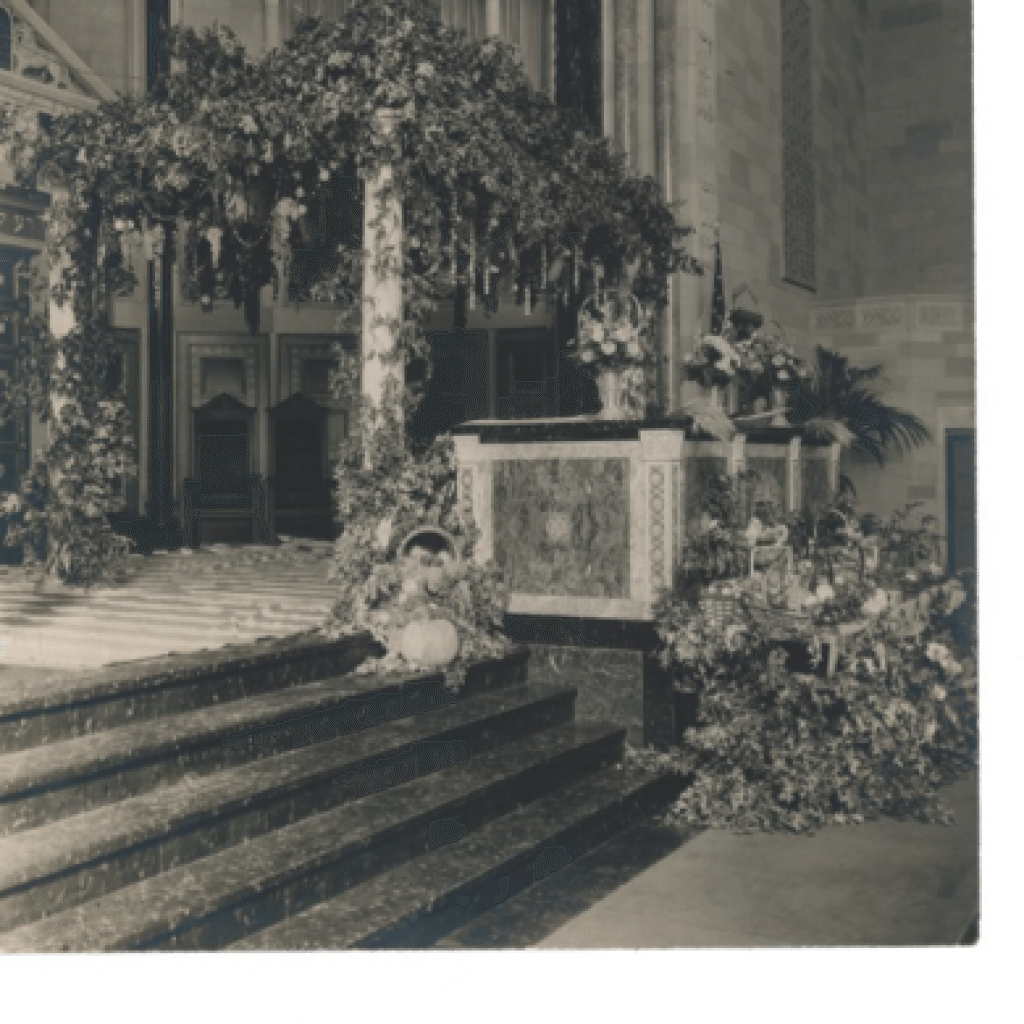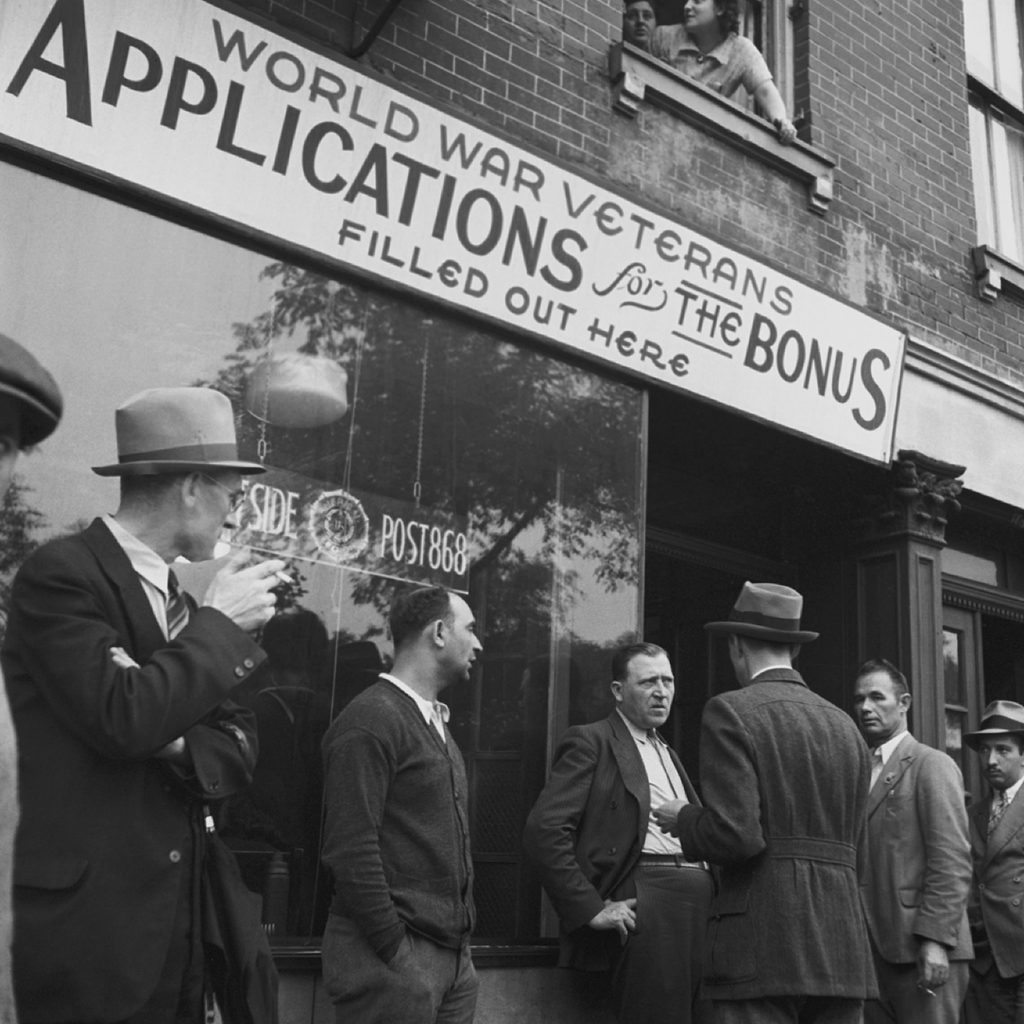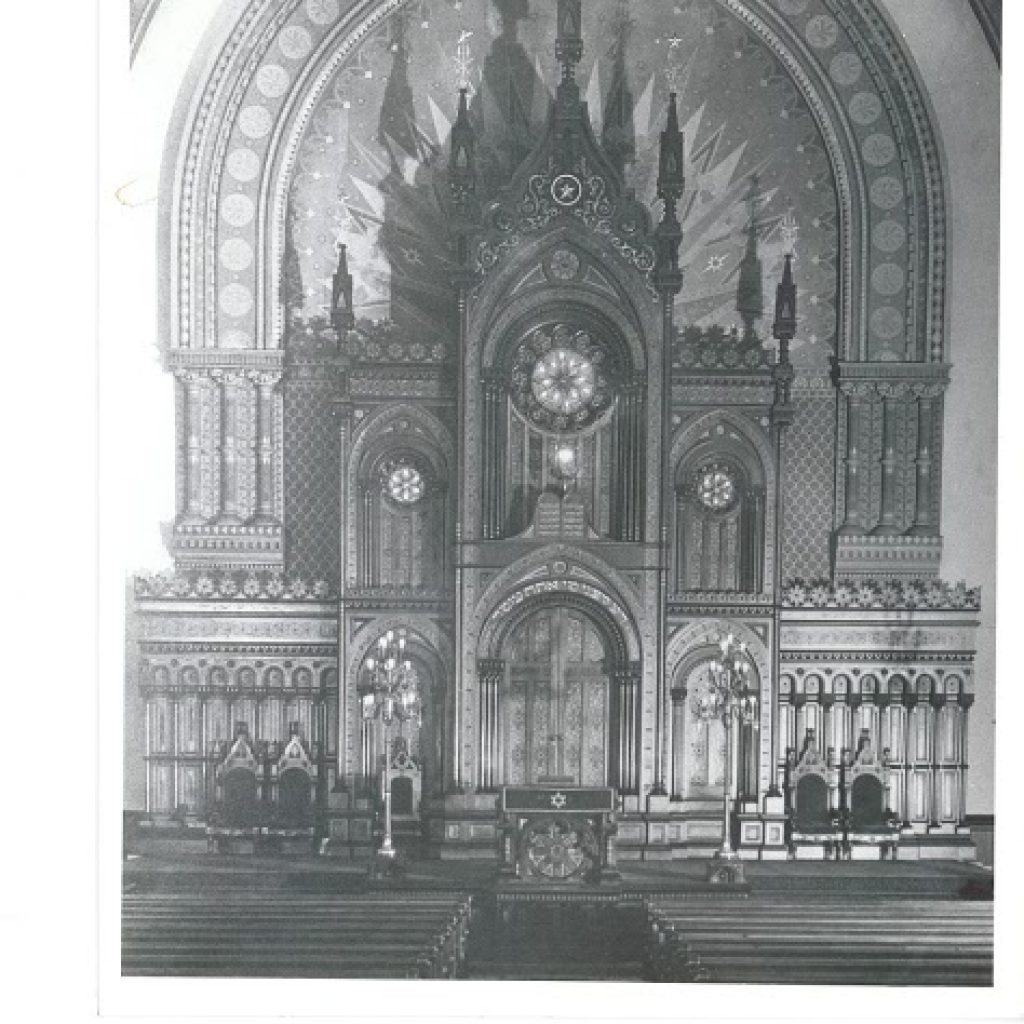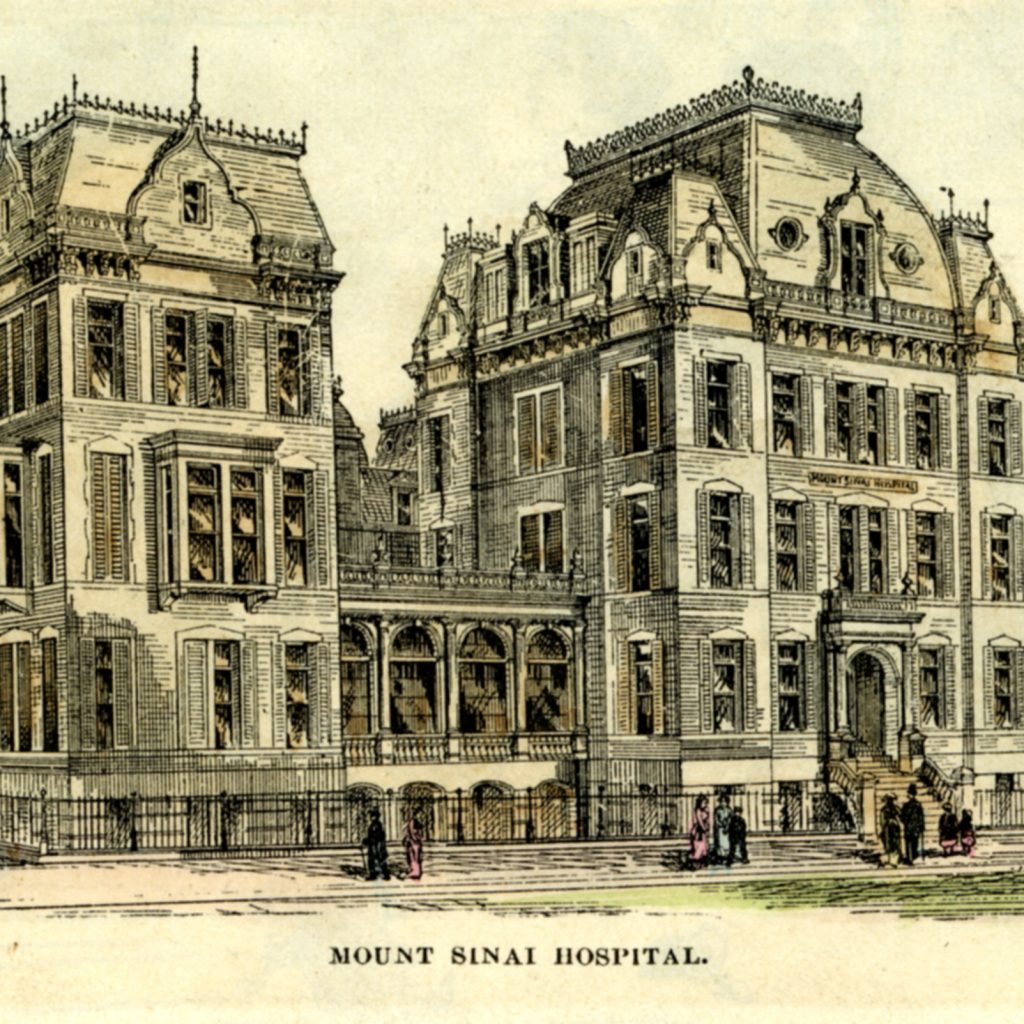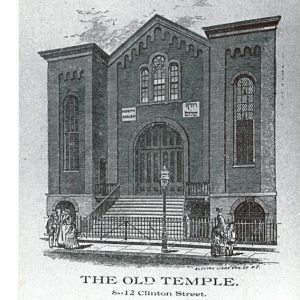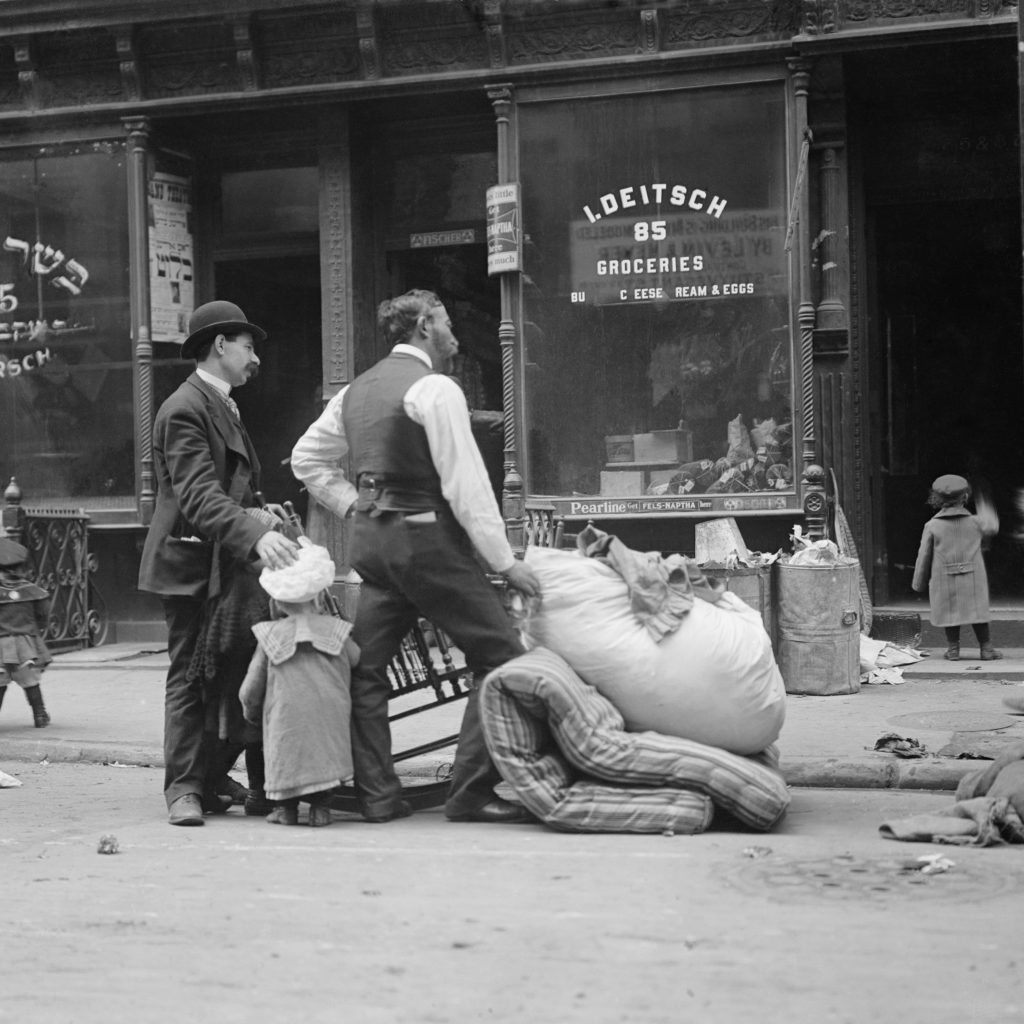by Yvette Perry

“Optimism is the belief that things are going to get better. Hope is the belief that we can make things better … It takes no courage to be an optimist, but it does need courage to hope.”
Rabbi Jonathan Sacks, chief rabbi of England 1991–2013
In the face of challenges the like of which our generation has not lived through, it is the Jewish tradition of hope that can get us through such strife. We learn early on that we are commanded to do mitzvot in order to make a better world. That in this world, we must act in order to be the force of hope.
Were we not slaves? Were we not driven out of Spain by Ferdinand and Isabella? Were we not almost wiped out per the vagaries of a mid-20th century despot? Now a virus is coursing through our world, changing the way we live our lives. It is at terrible times such as these that we cling to our faith. That we Jews can turn to Torah for guidance.
As our own Rabbi Ben Spratt taught in his D’var Torah a few weeks ago,
“…for each of us, in each place of struggle and trauma, is held the seeds of possibility … of growing and adapting, and changing … as hope is a function of struggle, it is also the means through which we have the courage to create anew.”
Seen through today’s lens, Vaclav Havel’s vision of hope is a prescription to be hopeful. Consider anew what he said, “It’s not the conviction that something will turn out well, but the certainty that something makes sense, regardless of how it turns out.”
Going through COVID has given us—if we dare to give it a try—a sense of purpose. We keep going, not given any promise of certainty that everything will be okay. But if we just keep going, doing what we must and doing what makes sense, then by this very definition, we have hope.
A perfect example of such thinking is this conjecture put by Rabbi Stephen Lewis Fuchs, “…instead of trying to get back to the old normal, maybe we can embrace the silver lining in the very dark cloud passing over us and create a new and better normal for ourselves… .”
No question about it, we are living through a dark cloud. A metaphor that nonetheless contains the simple wisdom to help get us through our difficulties. Because it is the silver lining filled with the good things that have sprung up all around us—neighbors helping neighbors, medical workers going beyond their capacities, the shows of little kindnesses and support—that reminds us we need look no further than Torah itself. As Rabbi Jonathan Sacks puts it, “Judaism is the voice of hope in the conversation of mankind.”
Resources:
URJ Blog Post: Hope: The Silver Lining in a Very Dark Cloud by Rabbi Stephen Lewis Fuchs
My Jewish Learning: How the Jewish People Invented Hope by Rabbi Jonathan Sacks
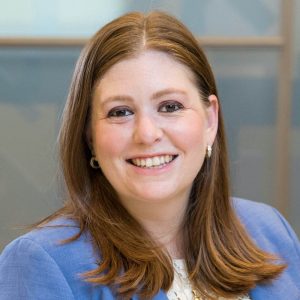
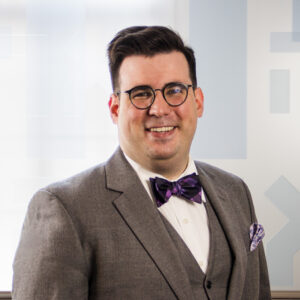 Justin Callis (he/him), our Cantorial Intern, is a fourth-year student at Hebrew Union College-Jewish Institute of Religion in the Debbie Friedman School of Sacred Music. He is the recipient of the Reuben Peretz Abelson Prize for dedication to Yiddish Song, the Temple Israel of Boston Cantorial Prize, and the Lee Gura Memorial Prize for Aptitude in Synagogue Choral Music.
Justin Callis (he/him), our Cantorial Intern, is a fourth-year student at Hebrew Union College-Jewish Institute of Religion in the Debbie Friedman School of Sacred Music. He is the recipient of the Reuben Peretz Abelson Prize for dedication to Yiddish Song, the Temple Israel of Boston Cantorial Prize, and the Lee Gura Memorial Prize for Aptitude in Synagogue Choral Music.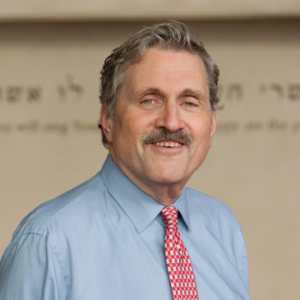
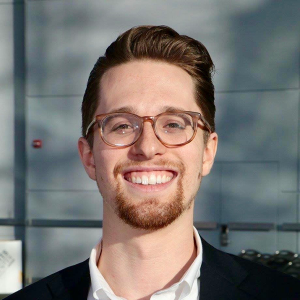
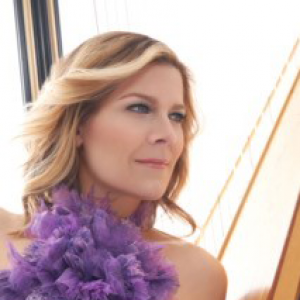

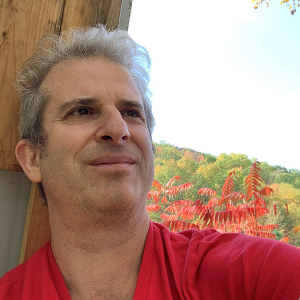
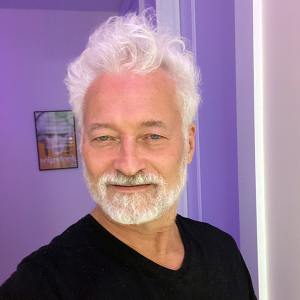
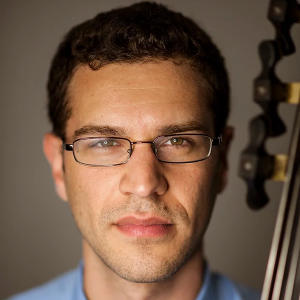
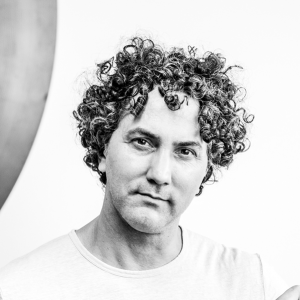
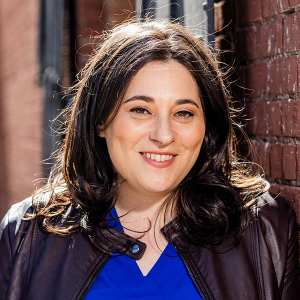

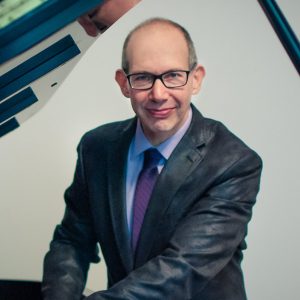
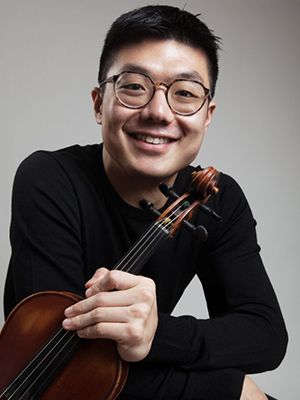 Known for his sweet and “sumptuous” (New York Times) tone, American-born Doori Na took up violin at the age of four and began his studies with Li Lin at the San Francisco Conservatory of Music. He quickly made his first performance with orchestra at age seven with the Peninsula Youth Symphony as the first prize winner of the concerto competition. Thereafter Mr. Na went on to win top prizes in The Sound of Music Festival, The Korea Times Youth Music Competition, the Chinese Music Teacher’s Association, The Menuhin Dowling Young Artist Competition, The Junior Bach Festival, VOCE of the Music Teacher’s Association of California, and The Pacific Musical Society. Receiving full scholarships to private high school Crossroads School of Arts and Sciences in Santa Monica, he moved to Los Angeles to study with renown violin teacher, Robert Lipsett, at The Colburn Music School. There he appeared as soloist with the Palisades Symphony, Brentwood Symphony, and Torrance Symphony. During that time, the summer of 2004 was Mr. Na’s first time at the Perlman Music Program where his expression and musical identity were greatly influenced. He has been a part of the program ever since and participated in many of their special residencies in Florida, Vermont, New York, and Israel.
Known for his sweet and “sumptuous” (New York Times) tone, American-born Doori Na took up violin at the age of four and began his studies with Li Lin at the San Francisco Conservatory of Music. He quickly made his first performance with orchestra at age seven with the Peninsula Youth Symphony as the first prize winner of the concerto competition. Thereafter Mr. Na went on to win top prizes in The Sound of Music Festival, The Korea Times Youth Music Competition, the Chinese Music Teacher’s Association, The Menuhin Dowling Young Artist Competition, The Junior Bach Festival, VOCE of the Music Teacher’s Association of California, and The Pacific Musical Society. Receiving full scholarships to private high school Crossroads School of Arts and Sciences in Santa Monica, he moved to Los Angeles to study with renown violin teacher, Robert Lipsett, at The Colburn Music School. There he appeared as soloist with the Palisades Symphony, Brentwood Symphony, and Torrance Symphony. During that time, the summer of 2004 was Mr. Na’s first time at the Perlman Music Program where his expression and musical identity were greatly influenced. He has been a part of the program ever since and participated in many of their special residencies in Florida, Vermont, New York, and Israel.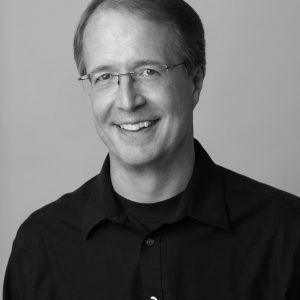 Violinist Michael Roth is a native of Scarsdale, NY and received his early musical training with Frances Magnes at the Hoff-Barthelson Music School. He attended Oberlin College and Conservatory, continuing his studies with Marilyn McDonald. At Oberlin, he won the Kaufman Prize for violin and First Prize in the Ohio String Teacher’s Association Competition. He completed his Master of Music degree at the University of Massachusetts where he worked with the distinguished American violinist and pedagogue Charles Treger and was a recipient of the Julian Olevsky Award. Mr. Roth is currently associate concertmaster of the New York City Ballet Orchestra and has appeared in chamber music and as a soloist with the company, most recently in the debut of “Slice Too Sharp”, a ballet of Biber and Vivaldi violin concerti, and “After the Rain”, violin music of Arvo Part. In addition he is a member of the Mostly Mozart Festival Orchestra, Principal 2nd violin of the Westchester Philharmonic, the American Composers Orchestra and the New York Pops. He was concertmaster of the Vermont Mozart Festival Orchestra for many years and often appeared as soloist there, as well as at the Caramoor and Bard Music Festivals. He has played and toured internationally with the Orpheus Chamber Orchestra and the New York Chamber Soloists.
Violinist Michael Roth is a native of Scarsdale, NY and received his early musical training with Frances Magnes at the Hoff-Barthelson Music School. He attended Oberlin College and Conservatory, continuing his studies with Marilyn McDonald. At Oberlin, he won the Kaufman Prize for violin and First Prize in the Ohio String Teacher’s Association Competition. He completed his Master of Music degree at the University of Massachusetts where he worked with the distinguished American violinist and pedagogue Charles Treger and was a recipient of the Julian Olevsky Award. Mr. Roth is currently associate concertmaster of the New York City Ballet Orchestra and has appeared in chamber music and as a soloist with the company, most recently in the debut of “Slice Too Sharp”, a ballet of Biber and Vivaldi violin concerti, and “After the Rain”, violin music of Arvo Part. In addition he is a member of the Mostly Mozart Festival Orchestra, Principal 2nd violin of the Westchester Philharmonic, the American Composers Orchestra and the New York Pops. He was concertmaster of the Vermont Mozart Festival Orchestra for many years and often appeared as soloist there, as well as at the Caramoor and Bard Music Festivals. He has played and toured internationally with the Orpheus Chamber Orchestra and the New York Chamber Soloists.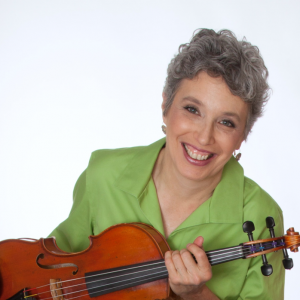 Sarah Adams, viola, performs locally with the New York Chamber Ensemble, the Claring Chamber Players, the Sherman Chamber Ensemble, the Friends of Mozart, and the Saratoga Chamber Players.
Sarah Adams, viola, performs locally with the New York Chamber Ensemble, the Claring Chamber Players, the Sherman Chamber Ensemble, the Friends of Mozart, and the Saratoga Chamber Players.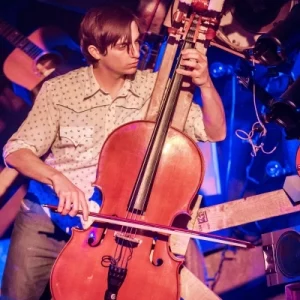
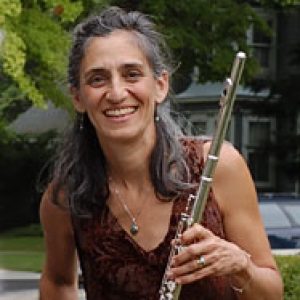 Praised by the New York Times as “irresistible in both music and performance.” flutist,
Praised by the New York Times as “irresistible in both music and performance.” flutist, 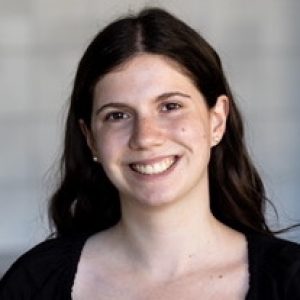

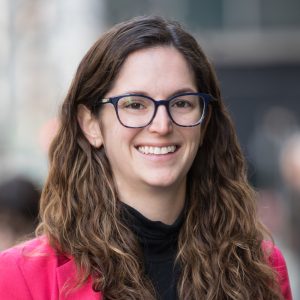
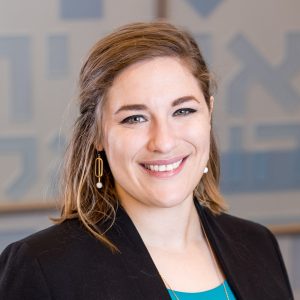 Rabbi Mira Weller (she/her) received her ordination at Hebrew Union College-Jewish Institute of Religion in Los Angeles in May 2022. She studied Culture and Politics at Georgetown University’s School of Foreign Service and received her Master’s in Jewish Education at the Rhea Hirsch School of Education at HUC-JIR. She is the proud recipient of awards for her studies in rabbinic literature, her work in Jewish education, and she was granted the Myrtle Lorch Pfaelzer-Monroe Pfaelzer Award for an Outstanding Female Rabbinical School Student (2022). Rabbi Mira speaks Hebrew and Spanish (so please practice with her!). She has a passion for uncovering new possibilities in the great wealth of our tradition and for making music inspired by Judaism’s many cultures. Her guilty pleasures include cupcakes, classical music, and philosophy.
Rabbi Mira Weller (she/her) received her ordination at Hebrew Union College-Jewish Institute of Religion in Los Angeles in May 2022. She studied Culture and Politics at Georgetown University’s School of Foreign Service and received her Master’s in Jewish Education at the Rhea Hirsch School of Education at HUC-JIR. She is the proud recipient of awards for her studies in rabbinic literature, her work in Jewish education, and she was granted the Myrtle Lorch Pfaelzer-Monroe Pfaelzer Award for an Outstanding Female Rabbinical School Student (2022). Rabbi Mira speaks Hebrew and Spanish (so please practice with her!). She has a passion for uncovering new possibilities in the great wealth of our tradition and for making music inspired by Judaism’s many cultures. Her guilty pleasures include cupcakes, classical music, and philosophy.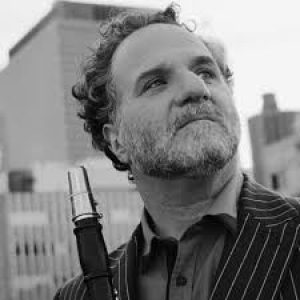
 Based in New York since 2001, South African-born pianist, composer and producer has performed on four continents in leading venues such as Carnegie Hall, had her original music performed in venues such as New York’s Lincoln Center, appeared on a host of recordings of classical, world music and multi-genre recordings and produced numerous recordings and inter-disciplinary programs from Cape Town to Los Angeles. She has created her own unique language at the piano, made up of techniques she developed and experimented with to expand the piano into a full electro – acoustic orchestra.
Based in New York since 2001, South African-born pianist, composer and producer has performed on four continents in leading venues such as Carnegie Hall, had her original music performed in venues such as New York’s Lincoln Center, appeared on a host of recordings of classical, world music and multi-genre recordings and produced numerous recordings and inter-disciplinary programs from Cape Town to Los Angeles. She has created her own unique language at the piano, made up of techniques she developed and experimented with to expand the piano into a full electro – acoustic orchestra. Alan Goodis is a touring Jewish musician playing over 150 events a year. Born and raised in Toronto, Alan is a proud product of URJ Goldman Union Camp Institute. Noted for his dedication to building relationships and community through music, Alan tours throughout the US to serve as an Artist-In-Residence and performer at Temples, Youth Conventions and Jewish summer camps.
Alan Goodis is a touring Jewish musician playing over 150 events a year. Born and raised in Toronto, Alan is a proud product of URJ Goldman Union Camp Institute. Noted for his dedication to building relationships and community through music, Alan tours throughout the US to serve as an Artist-In-Residence and performer at Temples, Youth Conventions and Jewish summer camps. Julie Silver is one of the most celebrated and beloved performers in the world of contemporary Jewish music today. She tours throughout the world, and has been engaging audiences with her gorgeous compositions and liturgical settings, her lyrical guitar playing, her dynamic stage presence, and her megawatt smile for over 25 years.
Julie Silver is one of the most celebrated and beloved performers in the world of contemporary Jewish music today. She tours throughout the world, and has been engaging audiences with her gorgeous compositions and liturgical settings, her lyrical guitar playing, her dynamic stage presence, and her megawatt smile for over 25 years.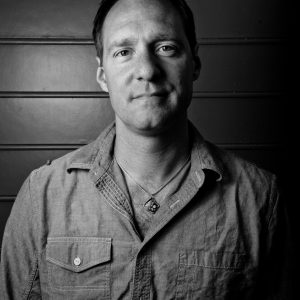 Dan is a product of the URJ Jewish camping movement. He has toured Jewish summer camps across North America for the last 15 years. A classically trained singer, Dan received his Bachelor of Music degree in vocal performance at the University of North Carolina. In 1995, realizing the potential of music to make powerful connections with Jewish youth, Dan established the Jewish rock band Eighteen. Since that time, Dan and Eighteen have released 13 albums. Songs like, L’takein, B’tzelem Elo-him, Kehillah Kedoshah, Chazak, Sweet As Honey, and Asher Yatzar have become Jewish communal anthems throughout North America.
Dan is a product of the URJ Jewish camping movement. He has toured Jewish summer camps across North America for the last 15 years. A classically trained singer, Dan received his Bachelor of Music degree in vocal performance at the University of North Carolina. In 1995, realizing the potential of music to make powerful connections with Jewish youth, Dan established the Jewish rock band Eighteen. Since that time, Dan and Eighteen have released 13 albums. Songs like, L’takein, B’tzelem Elo-him, Kehillah Kedoshah, Chazak, Sweet As Honey, and Asher Yatzar have become Jewish communal anthems throughout North America.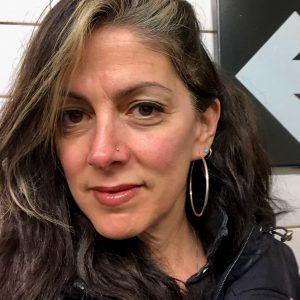 Naomi Less is an internationally celebrated singer/songwriter, ritualist and educator. Beloved for her warm smile and inviting presence, communities celebrate her imagination and innovation, tenderness and pizzazz! Her original music is sung in worship communities worldwide. Naomi serves as Co-Founder, Ritual Leader and Associate Director of Lab/Shul and is a leader in amplifying women’s voices through her work at Songleader Boot Camp and her Jewish Women Rock show on Jewish Rock Radio. Naomiadvocates for people struggling with fertility journeys as a performance artist and speaker for Uprooted: A Jewish Response to Fertility Challenges. Fun fact: Naomi and her husband wrote the song shine/Yivarech’cha, a Friday night blessing, specifically composed for URJ Crane Lake Camp, sung every Friday night in the dining hall.
Naomi Less is an internationally celebrated singer/songwriter, ritualist and educator. Beloved for her warm smile and inviting presence, communities celebrate her imagination and innovation, tenderness and pizzazz! Her original music is sung in worship communities worldwide. Naomi serves as Co-Founder, Ritual Leader and Associate Director of Lab/Shul and is a leader in amplifying women’s voices through her work at Songleader Boot Camp and her Jewish Women Rock show on Jewish Rock Radio. Naomiadvocates for people struggling with fertility journeys as a performance artist and speaker for Uprooted: A Jewish Response to Fertility Challenges. Fun fact: Naomi and her husband wrote the song shine/Yivarech’cha, a Friday night blessing, specifically composed for URJ Crane Lake Camp, sung every Friday night in the dining hall.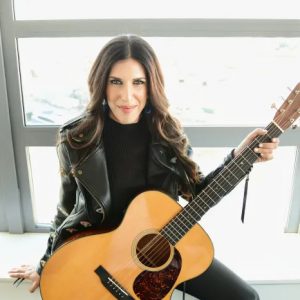 Her destiny became obvious to Joanie Leeds’ parents when, at the tender age of 2, Joanie grabbed the performer’s mic at a party and belted out the entire song“Tomorrow” from Annie. Jaws dropped! No one could remember ever hearing a big voice like that coming from one so tiny and certainly no one would have thought she would one day earn a GRAMMY® Award for her original music.
Her destiny became obvious to Joanie Leeds’ parents when, at the tender age of 2, Joanie grabbed the performer’s mic at a party and belted out the entire song“Tomorrow” from Annie. Jaws dropped! No one could remember ever hearing a big voice like that coming from one so tiny and certainly no one would have thought she would one day earn a GRAMMY® Award for her original music. A composer, multi-instrumentalist, and prayer leader, Elana Arian is one of the leading voices in contemporary Jewish music. Elana’s music is part of Jewish life across the globe, and her compositions are sung in spiritual communities, summer camps, and synagogues from Louisville to London, from Chicago to the CzechRepublic, and everywhere in between. Elana just released her fourth album of original music, The Other Side of Fear, and her compositions have been published in countless Transcontinental Music collections. Elana serves proudly on the faculty of Hava Nashira (Oconomowoc, WI), the Wexner Heritage Foundation (Aspen, CO), Shirei Chagiga (London, England), and as an instructor at the Hebrew Union College in New York, where she teaches in the Debbie Friedman School of Sacred Music. Elana has performed at Carnegie Hall, Lincoln Center, Tanglewood, and perhaps most memorably, five separate appearances at the (Obama) White House. She lives in New York with her wife, Julia, and their two daughters, Maya and Acadia.
A composer, multi-instrumentalist, and prayer leader, Elana Arian is one of the leading voices in contemporary Jewish music. Elana’s music is part of Jewish life across the globe, and her compositions are sung in spiritual communities, summer camps, and synagogues from Louisville to London, from Chicago to the CzechRepublic, and everywhere in between. Elana just released her fourth album of original music, The Other Side of Fear, and her compositions have been published in countless Transcontinental Music collections. Elana serves proudly on the faculty of Hava Nashira (Oconomowoc, WI), the Wexner Heritage Foundation (Aspen, CO), Shirei Chagiga (London, England), and as an instructor at the Hebrew Union College in New York, where she teaches in the Debbie Friedman School of Sacred Music. Elana has performed at Carnegie Hall, Lincoln Center, Tanglewood, and perhaps most memorably, five separate appearances at the (Obama) White House. She lives in New York with her wife, Julia, and their two daughters, Maya and Acadia. Known for his unique, engaging, and deeply soulful approach, Noah Aronson is considered one of the most sought after Jewish musicians in North America, making over 65 community appearances each year.
Known for his unique, engaging, and deeply soulful approach, Noah Aronson is considered one of the most sought after Jewish musicians in North America, making over 65 community appearances each year. There is a reason why Time Magazine has listed Michelle in their Top Ten list of Jewish rock stars.
There is a reason why Time Magazine has listed Michelle in their Top Ten list of Jewish rock stars.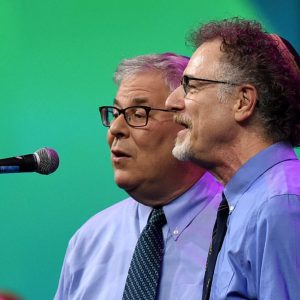 Kol B’Seder has been composing and performing contemporary Jewish music since the early1970s. Rabbi Dan Freelander and Cantor Jeff Klepper met as college students; over the past 50years they have released numerous CDs and songbooks. With Debbie Friedman (z”l) and others, they forged a new musical sound for American Jewish camps, schools and synagogues. Their songs, such as “Shalom Rav,” “Modeh Ani,” and “Lo Alecha,” have become traditionalJewish melodies around the world. They are delighted to be inaugurating their fiftieth anniversary celebration by appearing in support of URJ camps, where they first composed and incubated many of their early songs.
Kol B’Seder has been composing and performing contemporary Jewish music since the early1970s. Rabbi Dan Freelander and Cantor Jeff Klepper met as college students; over the past 50years they have released numerous CDs and songbooks. With Debbie Friedman (z”l) and others, they forged a new musical sound for American Jewish camps, schools and synagogues. Their songs, such as “Shalom Rav,” “Modeh Ani,” and “Lo Alecha,” have become traditionalJewish melodies around the world. They are delighted to be inaugurating their fiftieth anniversary celebration by appearing in support of URJ camps, where they first composed and incubated many of their early songs.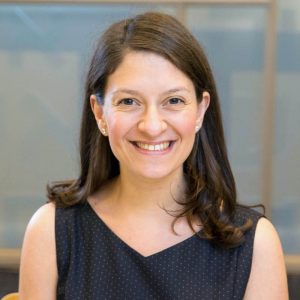
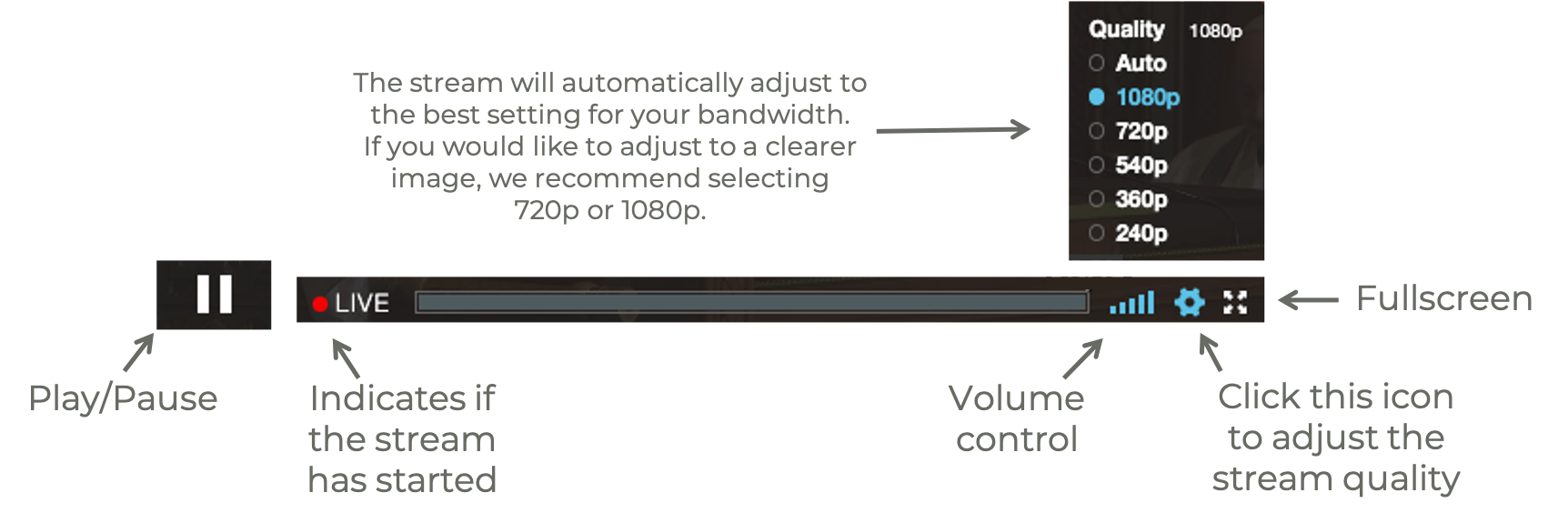
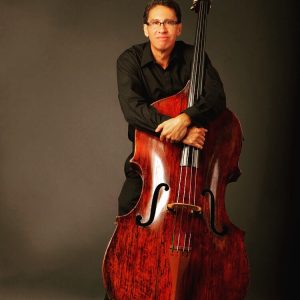 New York bassist Roger Wagner enjoys a long and diverse career. As soloist, chamber musician, and orchestral bassist, Mr. Wagner has appeared on many of the world’s great concert stages.
New York bassist Roger Wagner enjoys a long and diverse career. As soloist, chamber musician, and orchestral bassist, Mr. Wagner has appeared on many of the world’s great concert stages.

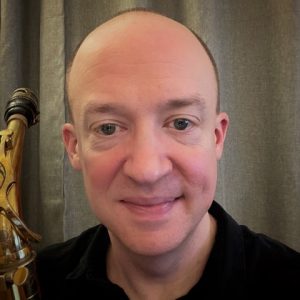
 Margaret Kampmeier,
Margaret Kampmeier, 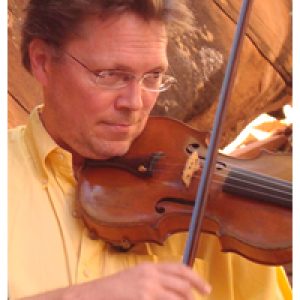 Leonard Bernstein described
Leonard Bernstein described 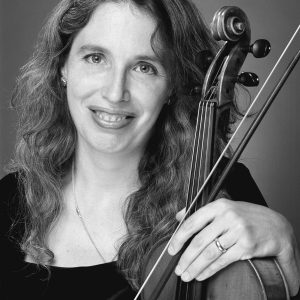 Sarah Adams
Sarah Adams 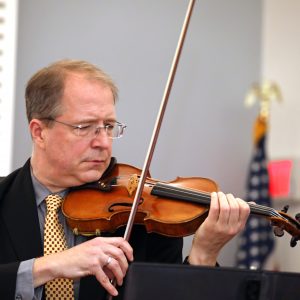 Michael Roth
Michael Roth
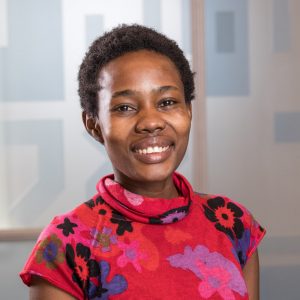

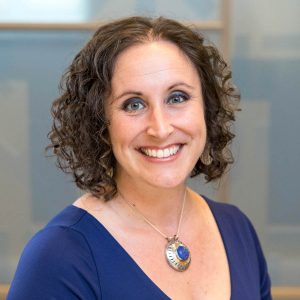

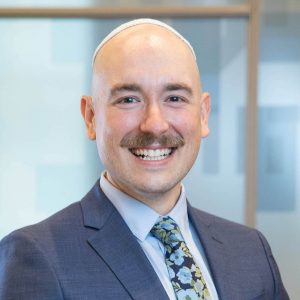
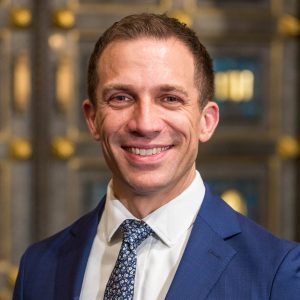
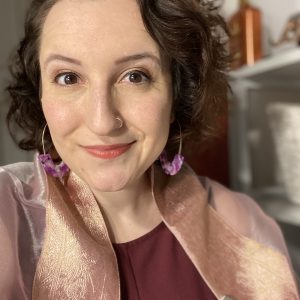
 Our initiative for young children and their grown-ups provides a slate of offerings including Shabbat and holiday celebrations, music, classroom readiness programs, and new parent experiences. During the pandemic, we have leaned on $1m of seed funding for Sholom Sprouts established through this campaign as we offer age-appropriate virtual programs for our families with young children, who are the future of our community. We look forward to welcoming our littlest members and their grown-ups back to our new fifth floor, as well as hiring a Program Assistant to increase the capacity of Sholom Sprouts to grow. This program provides a crucial entry-point to the congregation and membership for young families.
Our initiative for young children and their grown-ups provides a slate of offerings including Shabbat and holiday celebrations, music, classroom readiness programs, and new parent experiences. During the pandemic, we have leaned on $1m of seed funding for Sholom Sprouts established through this campaign as we offer age-appropriate virtual programs for our families with young children, who are the future of our community. We look forward to welcoming our littlest members and their grown-ups back to our new fifth floor, as well as hiring a Program Assistant to increase the capacity of Sholom Sprouts to grow. This program provides a crucial entry-point to the congregation and membership for young families.

